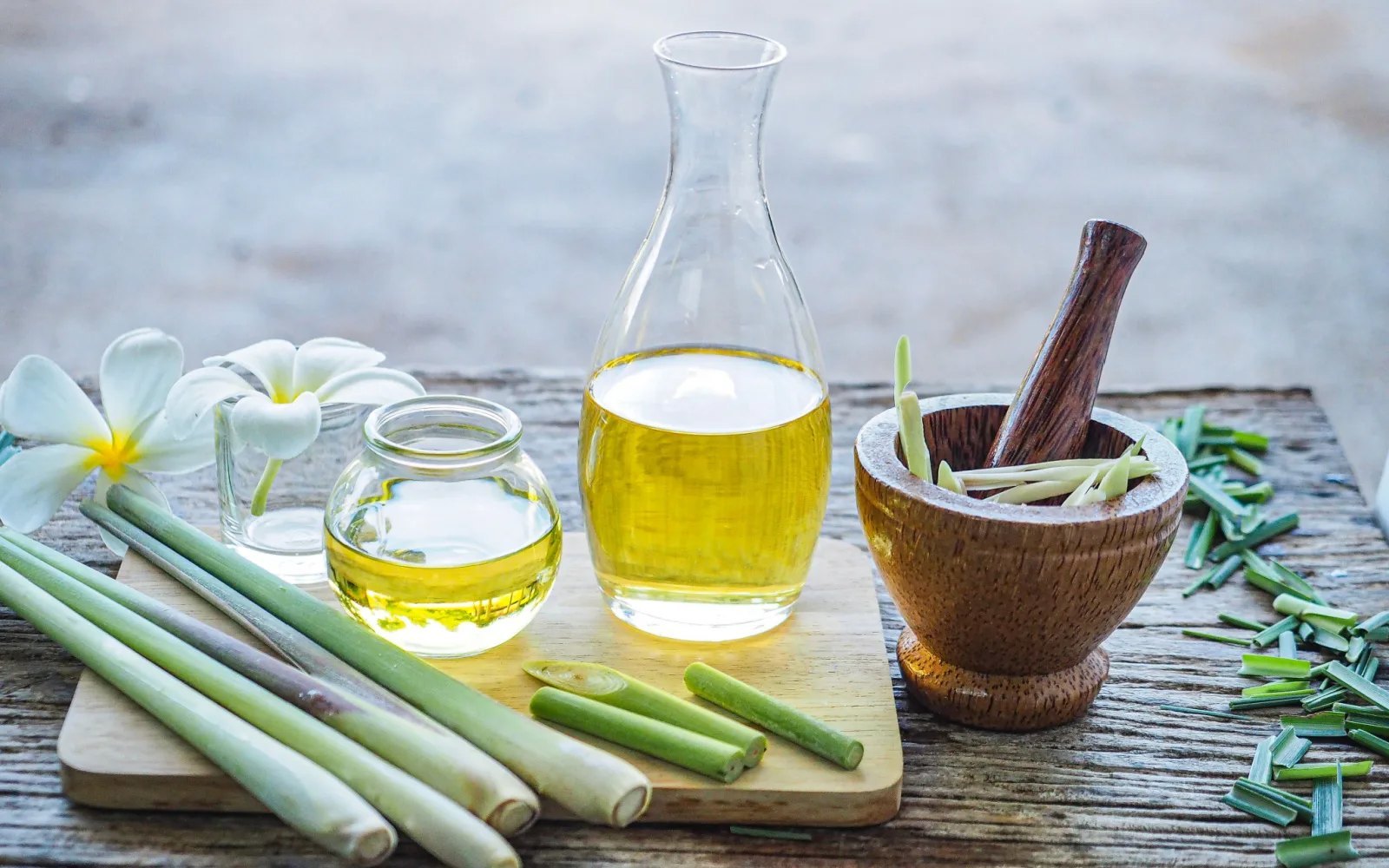
Lemongrass uses in modern-day
Lemongrass holds significant importance in modern-day culinary, medicinal, and lifestyle contexts. Here are some key aspects highlighting its relevance:
1. Culinary Delight
-Flavor Enhancement: Lemongrass adds a unique citrusy and lemony flavor to dishes, enhancing the overall taste profile. It is a popular ingredient in various cuisines, especially in Southeast Asian, Thai, and Indian cooking.
– Versatile Use: From soups, curries, and marinades to teas and desserts, lemongrass offers versatility in the kitchen, contributing to both savory and sweet dishes.
2. Health and Wellness:
– Antioxidant Properties: Lemongrass is rich in antioxidants, which play a role in neutralizing free radicals in the body and supporting overall health.
– Digestive Aid: It is believed to have digestive benefits, helping to ease indigestion and stomach discomfort.
– Anti-Inflammatory: Some studies suggest that lemongrass may have anti-inflammatory properties, potentially contributing to reducing inflammation in the body.
3. Aromatherapy and Essential Oils:
– Aromatic Qualities: Lemongrass is known for its refreshing and uplifting aroma. Essential oils extracted from lemongrass are popular in aromatherapy for promoting relaxation and reducing stress.
– Natural Bug Repellent: The scent of lemongrass is known to repel insects, making it a natural and pleasant alternative to chemical-based insect repellents.
4. Culinary Trends and Fusion Cuisine:
– Global Culinary Influence: As global culinary trends continue to evolve, lemongrass has become a sought-after ingredient, contributing to the popularity of fusion dishes that blend diverse flavors and cultural influences.
– Healthy Eating Emphasis: With an increasing focus on fresh and natural ingredients, lemongrass aligns with the preferences of health-conscious consumers seeking flavorful options.
5. Environmental Sustainability:
– Adaptability: Lemongrass is a hardy and adaptable plant, often cultivated with fewer pesticides and chemicals. Its cultivation aligns with sustainable and environmentally friendly agricultural practices.
6. Culinary Tourism and Experiential Dining:
– Exotic Appeal: Lemongrass’s association with exotic and tropical cuisines contributes to its popularity in culinary tourism. It adds an element of adventure and authenticity to dining experiences.
In summary, lemongrass has become a cherished ingredient in modern-day contexts, from enhancing culinary experiences and promoting health to contributing to aromatherapy and environmental sustainability. Its versatility and appealing qualities make it a valuable component in various aspects of contemporary living.
